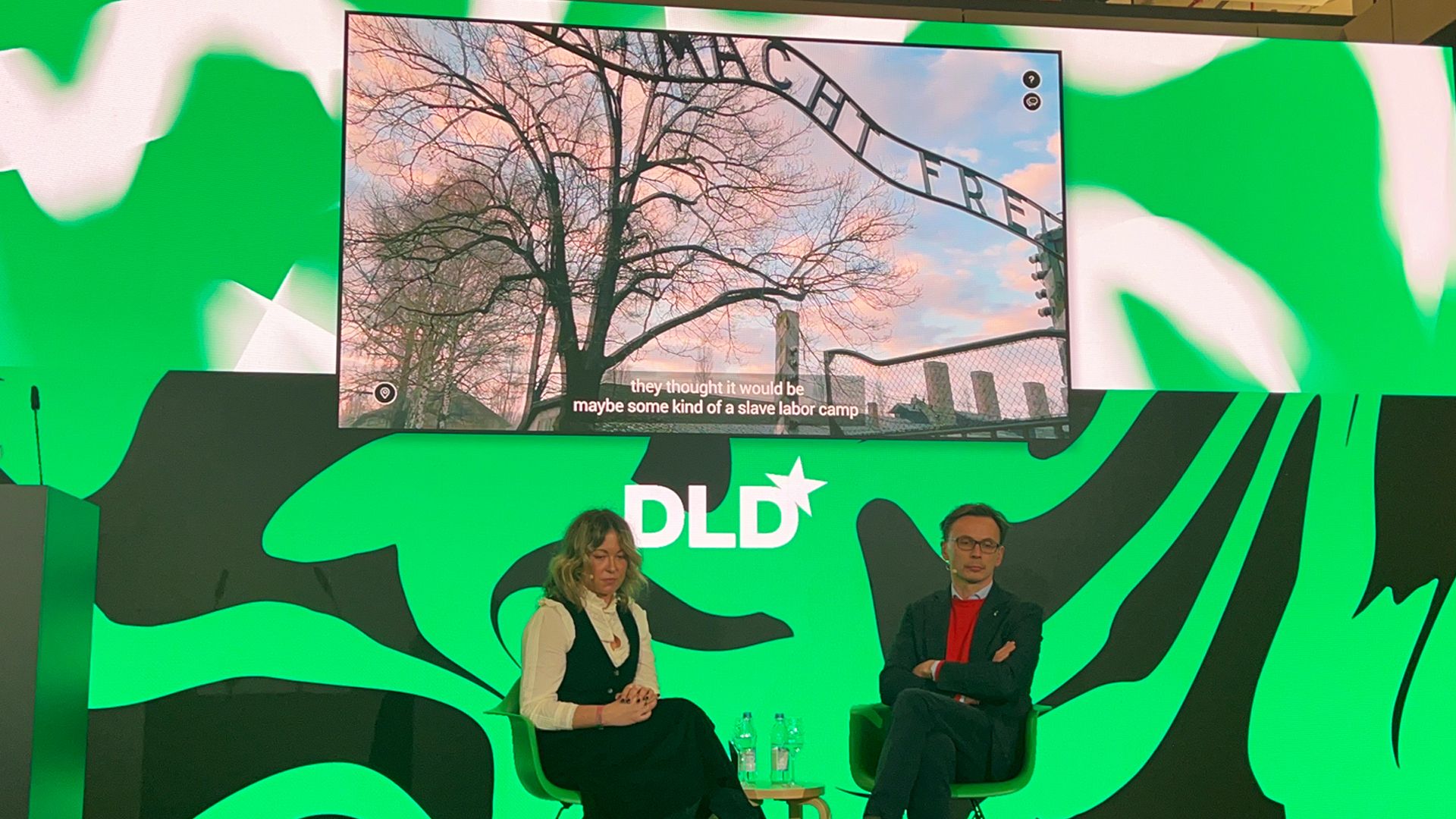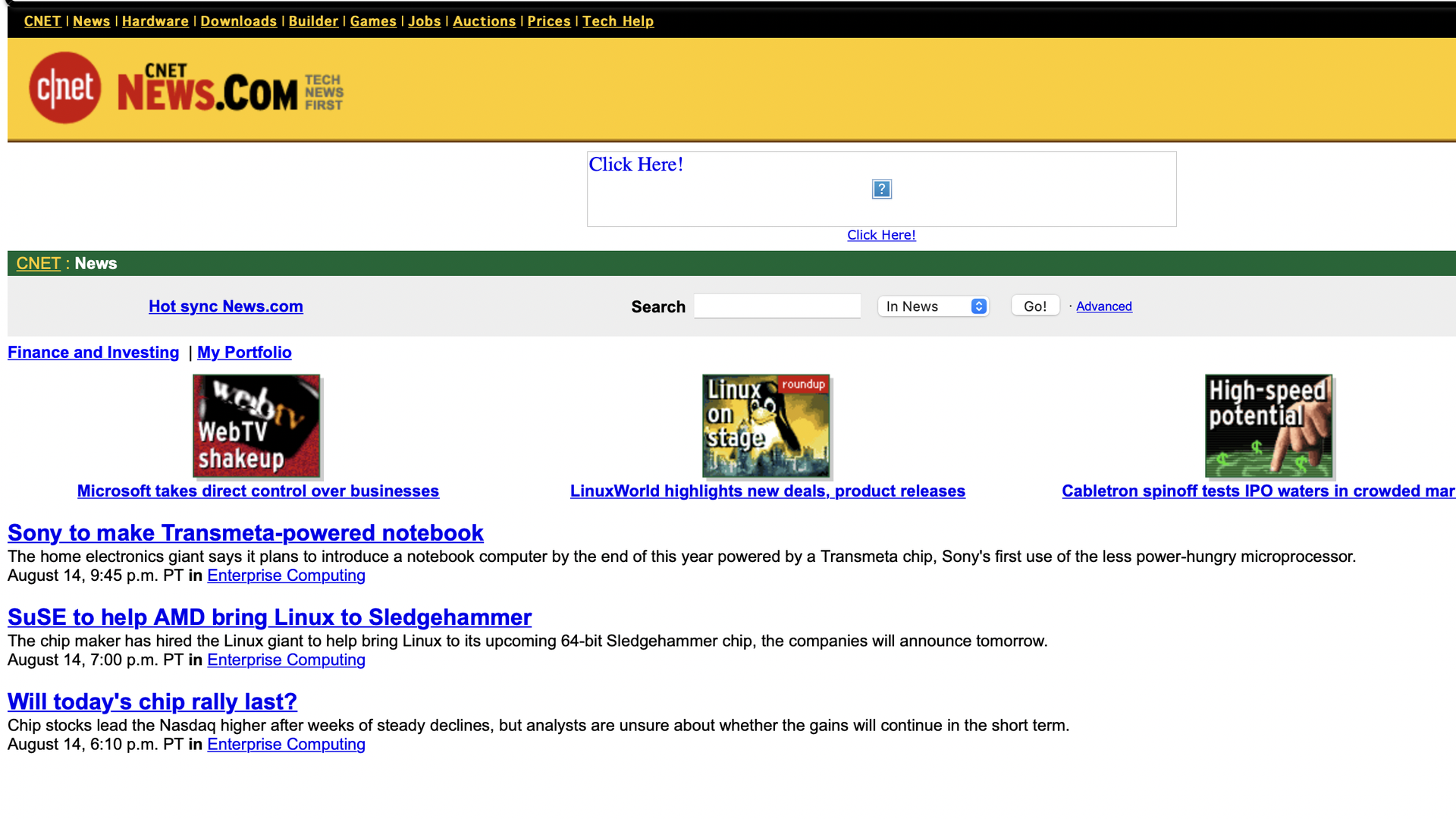| The foundation responsible for overseeing the site of the Auschwitz-Birkenau concentration camp will soon offer technology-assisted remote tours for people who can't travel to Poland to visit in person. Why it matters: As we've reported, surveys show Americans — particularly younger Americans — lack basic knowledge about the Holocaust. Meanwhile, there has been a sharp rise in racist and antisemitic social media posts and a jump in antisemitic violence across the U.S., as well as similar trends globally. Details: Online tours will be conducted by an experienced guide, traveling with a mobile phone through the still-intact site of Nazi Germany's largest extermination camp. - Invisible beacons placed around the camp will help prompt additional content, including archival music and footage, though the guides will be in control of what gets shown when.
- European telecom firm Orange has been installing a stronger cellular network on site to support the project.
But organizers say the key to the project is people, not technology. Human guides can adapt to the varying needs of diverse visitors, who range from curious adults to young school children to families of victims. - "You always need someone who is there with you and guides who are educated and trained, who know what's been going on," Auschwitz-Birkenau Foundation director general Wojciech Soczewica said during a panel at this month's DLD Conference in Munich.
Between the lines: The move to broaden the site's online presence comes as many of the remaining survivors who have been doing in-person outreach are dying. - "There will be a time when there will be no survivors present and they will not be able to teach in schools," Soczewica said.
- And while seeing the camp in person is still the most impactful way to visit, Soczewica said the concentration camp's location in a remote part of Poland makes it impractical for many people to visit.
Yes, but: Layering technology on top of places of human suffering can raise concerns about exploitation or over-simplification. But the project's backers say they are proceeding with thought, care and the backing of survivors and victims' families. What's next: The organization is still looking to raise about $150,000 to complete the technology work and aims to offer the virtual tours beginning this spring. | 








No comments:
Post a Comment